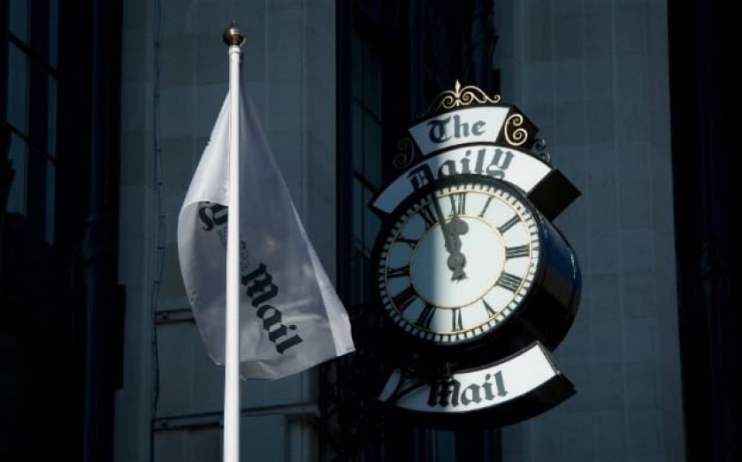Largest investor of DMGT backs Rothermere takeover bringing it closer to privatisation

The largest non-family shareholder in the Daily Mail and General Trust, and co-founder of Lindsell Train, Nick Train has backed the offer from the great-grandchildren of the newspaper’s founders, bringing the group closer to privatisation.
In the results of Finsbury Growth & Income released this afternoon, Train said that DMGT “has always fascinated me as a collection of media and data assets and is clearly very undervalued by other investors…The prospect of embodying its value with a record-high stock price offer has a clear appeal,” he stated.
The company Lindsell Train holds an approximately 13 per cent stake in DMGT through the Finsbury Growth & Income Trust and other funds, according to the Financial Times.
Indeed, there has been investor tension over the size of the Viscount Rothermere bid, with some saying it was too small to takeover one of the UK’s best-selling publishers. As a result, the Rothermeres subsequently raised their bid by £35m to secure their support.
The FT reports that Train’s support may sway shareholders, and get privatisation across the line, with the comments coming a day before the deadline for shareholders to accept the bid, made via a family investment vehicle of Jonathan Harmsworth, Viscount Rothermere.
The Rothermere family founded the Daily Mail in 1896 and parent company DMGT in 1932, the publisher now owns popular British media titles including the Metro, i Paper, the Daily Mail and Mail Online.
Under Harmsworth Rothermere the company has undergone its transition from digital to print with the launch of the Mail Online in 2003, one of the world’s most read media sites.
The business is in the process of a major reorganisation through a series of high profile disposals and acquisitions in recent years. DMGT bought the New Scientist magazine for £70m in March and snapped up the i newspaper in a £49.6m deal two years ago.
Company chairman Rothermere already owns 34 per cent of shares with an additional 2.6 per cent of shares held by concert parties.
Rothermere has received assurances and irrevocable undertakings which account for 41.8 per cent of issued shares when taken together with the shares he already owns. Once the 50 per cent threshold is reached, which will require investors holding just eight per cent of remaining shares to agree to the purchase, the offer will become unconditional and Rothermere intends to delist DMGT.
Investors who do not want to sell will be offered the resulting shares of a private company, suggesting some internal reluctance from fund managers.